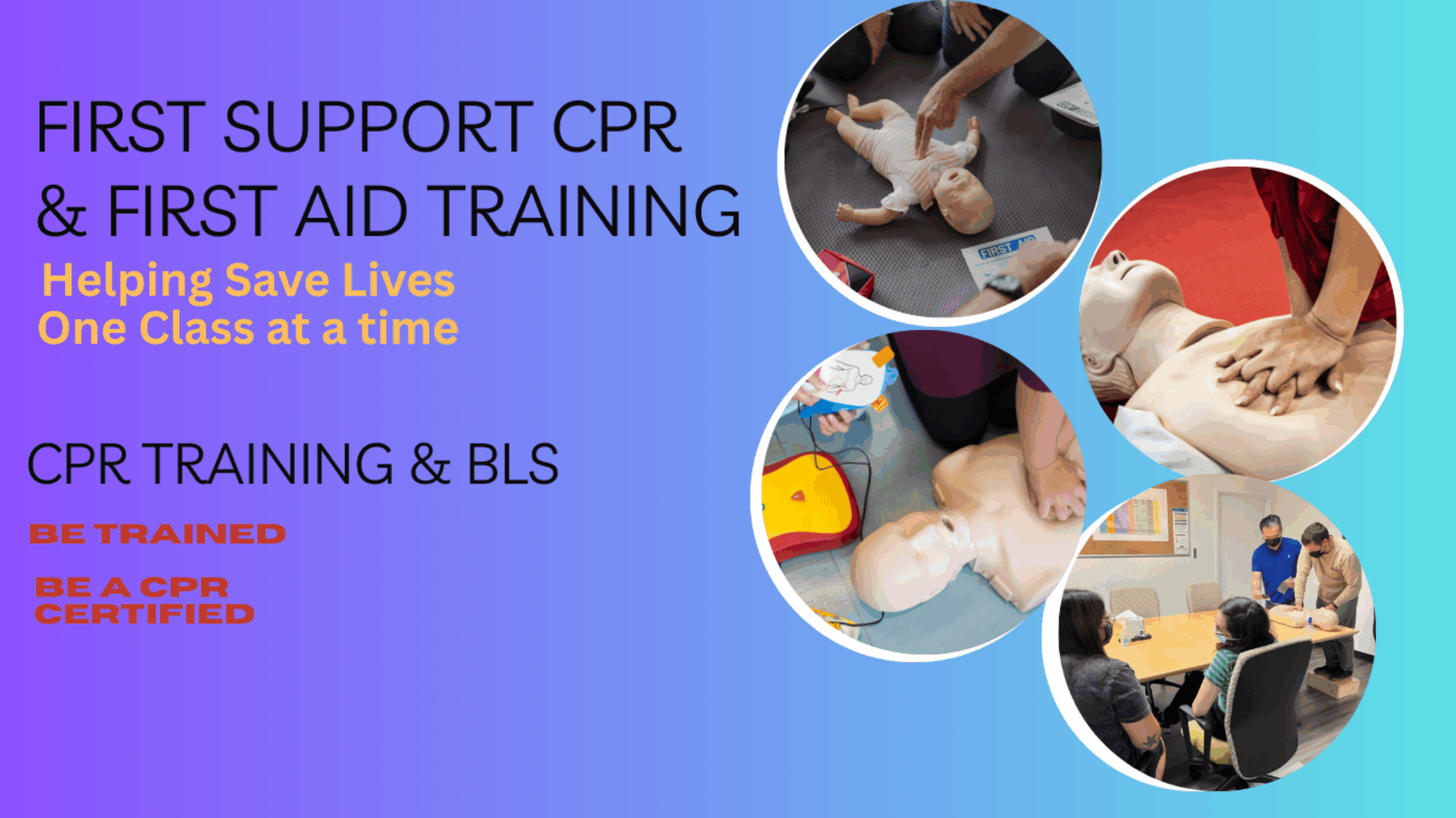
Cardiac arrest may be caused by almost any known heart condition.
Most cardiac arrests occur when a diseased heart’s electrical system malfunctions. This malfunction causes an abnormal heart rhythm such as ventricular tachycardia or ventricular fibrillation. Some cardiac arrests are also caused by extreme slowing of the heart’s rhythm (bradycardia).
Irregular heartbeats such as these are life threatening.
Other causes of cardiac arrest include:
- Scarring of the heart tissue – It may be the result of a prior heart attack or another cause. A heart that’s scarred or enlarged from any cause is prone to develop life-threatening ventricular arrhythmias. The first six months after a heart attack is a high-risk period for sudden cardiac arrest in patients with atherosclerotic heart disease.
- Thickened heart muscle (cardiomyopathy) – Damage to the heart muscle can be the result of high blood pressure, heart valve disease or other causes. A diseased heart muscle can make you more prone to sudden cardiac arrest, especially if you also have heart failure. Learn more about cardiomyopathy.
- Heart medications – Under certain conditions, some heart medications can set the stage for arrhythmias that cause sudden cardiac arrest. (Oddly, antiarrhythmic drugs that treat arrhythmias can sometimes produce ventricular arrhythmias even at normal doses. This is called a “proarrhythmic” effect.) Significant changes in blood levels of potassium and magnesium (from using diuretics, for example) also can cause life-threatening arrhythmias and cardiac arrest.
- Electrical abnormalities – These, including Wolf-Parkinson-White Syndrome and Long QT Syndrome, may cause sudden cardiac arrest in children and young people.
- Blood vessel abnormalities – These rare cases occur particularly in the coronary arteries and aorta. Adrenaline released during intense physical activity can trigger sudden cardiac arrest when these abnormalities are present.
- Recreational drug use – This can occur in otherwise healthy people.
